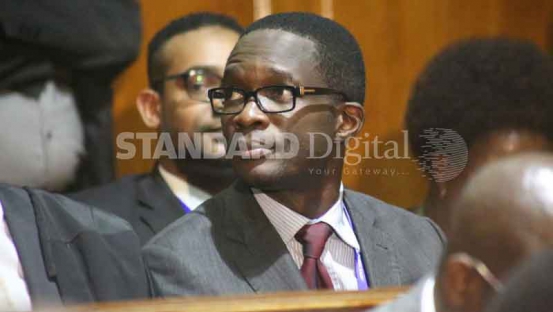×
The Standard e-Paper
Smart Minds Choose Us

Kenya is about to commit itself to another expensive presidential election without exacting an important legal commitment from the presidential candidates. The nomination exercise for candidates is not a mere procedure to be wished away but one that plays an important role in preparation for the main election.
And no, it is not out-of-abundance of caution exercise as the IEBC is wont to imagine. It is a legal requirement through which qualifications of candidates are tested along the constitutional and legal parameters.